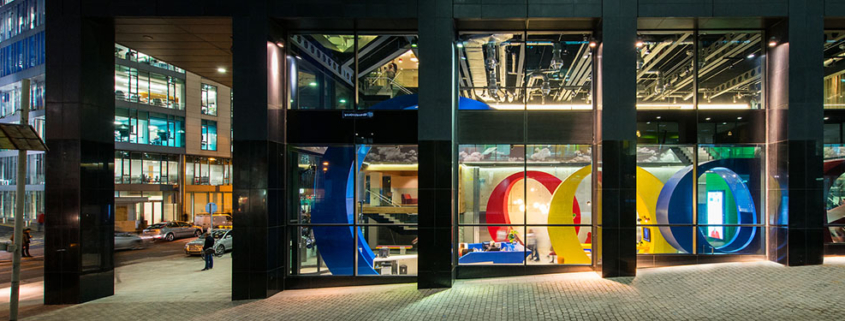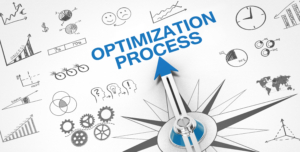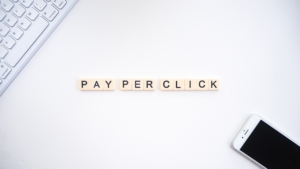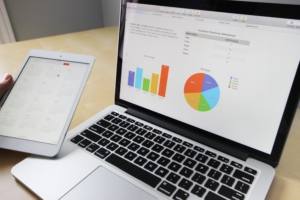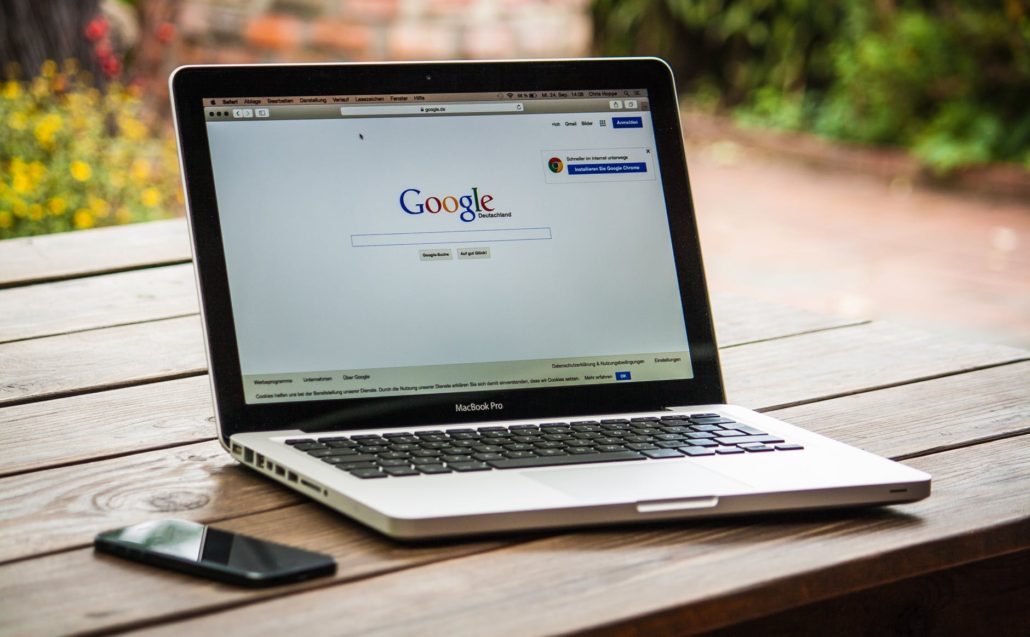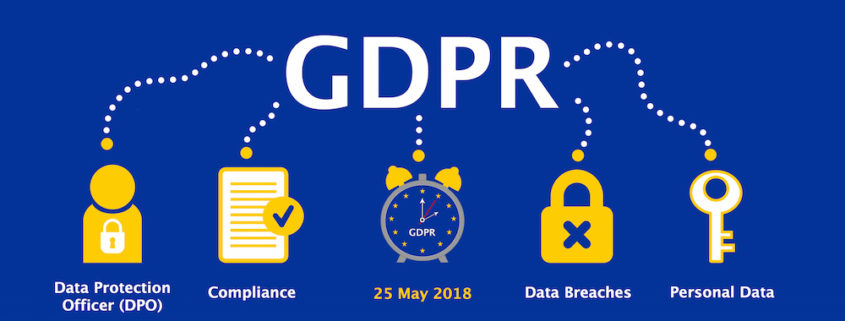Last week, Google announced that it is introducing extra charges, also known as country-specific fees, for advertisers in the UK, Turkey and Austria. These charges are effective from the 1st of November 2020.
But why? And what does this mean for advertisers in these countries? We’ve delved into it for you, so read on and learn what these fees could mean for your business or your clients.
How much are the country-specific fees?
Google has said it will introduce the following:
• Ads served in Turkey: a 5% Regulatory Operating Cost added to your invoice or statement
• Ads served in Austria: a 5% Austria Digital Services Tax Fee added to your invoice or statement
• Ads served in the United Kingdom: a 2% UK Digital Services Tax Fee added to your invoice or statement
Why are these being introduced?
In Turkey, the Government have introduced tighter controls around data processing, permission and international data transfers since 2016, similar to the EU’s GDPR ruling. However, since 2016, these regulations have become increasingly difficult to comply with, and as a result, Google has announced it will be opening a Turkish office.
In the UK and Austria, the introduction of the Digital Services Tax means that advertisers will be charged an extra 2% and 5% respectively on their invoices.
The UK’s DST has been in the works for a couple of years and was announced in March. The tax is aimed at collecting revenues from digital companies with at least £500 million in global revenue and £25 million in U.K. revenue, such as Google, Amazon, Facebook. Unfortunately, it is the advertisers who will feel the pinch.
How will the Google country-specific fees affect advertisers?
These additional costs will not affect the CPC advertisers pay or anything related to any bids in the Google Ads auction. The extra charge will be listed on each invoice.
For example, if you are a UK advertiser who spent £1,000 on clicks for the month, your DST fee from Google would be 2% of that, which is £20. That would make your final invoice (exclusive of VAT) £1,020.
What is the best way to handle this moving forward?
Factoring this into your advertising budget will be crucial, so make sure you make the adjustment in time for the November launch. As this is a percentage charge, it is wise to make the estimate based on the upper range of your monthly account spend.
To create or edit a budget, you will need an Admin, Standard, or billing-only access to the paying manager account and the manager account needs to be linked to the payments profile.
Again, all charges will be listed on your monthly invoice, so make sure to check in on your billing documents to ensure the spend is within your allocated budget.
If you are a company based in or partly-based in the above countries and have questions relating to Google’s country-specific fees, feel free to contact us here at WebResults via email or contact form to discuss this further.

